Reality Check: CMHC Pulls the Plug on $1.25-Billion First-Time Home Buyer Incentive Program
The Canadian Mortgage and Housing Corporation (CMHC) recently announced the discontinuation of its First-Time Home Buyer Incentive program, marking the end of a significant initiative aimed at reducing monthly mortgage payments for first-time homebuyers across the country. This decision comes after years of operation and evaluation, with the program facing challenges in meeting its intended objectives, particularly in high-priced markets like Vancouver and Toronto.
Launched with much anticipation in September 2019, the First-Time Home Buyer Incentive program was designed to provide shared-equity mortgages directly from the federal government to assist first-time buyers in entering the housing market. The program's premise was simple: by having the government partially own a property, first-time buyers could enjoy reduced monthly mortgage payments, making homeownership more attainable for many Canadians.
However, despite its noble intentions, the program struggled to gain traction, especially in regions with exorbitant real estate prices. In Vancouver and Toronto, where typical home prices often exceed $1 million, the program's requirements were deemed unrealistic for many prospective buyers. This disparity in affordability between the program's parameters and the actual market conditions contributed to its limited success in these areas.
One of the primary features of the First-Time Home Buyer Incentive program was the provision of either five or ten percent of the home purchase price by the government, with the buyer required to repay the loan either upon resale of the property or within 25 years, whichever came first. While this assistance was meant to bolster down payments and reduce the financial burden on buyers, eligibility criteria such as household income limits and purchase price caps posed significant challenges for many applicants.
For instance, to qualify for the program, applicants had to meet strict income thresholds, with a household income limit of $120,000 per year, which was raised to $150,000 for residents in high-priced markets like Toronto, Vancouver, and Victoria. Additionally, the purchase price of the property could not exceed $1 million, further limiting the program's accessibility in expensive urban centers.
Despite the government's ambitious goal of helping 100,000 first-time homebuyers through the program, the actual outcomes fell short of expectations. Over its five-year lifespan, only 22,826 applicants were approved, and a total of $409 million was disbursed—a fraction of the program's initial $1.25 billion budget. These figures underscore the program's struggles in attracting and assisting a significant number of prospective homeowners.
The mortgage industry also voiced concerns about the program's effectiveness, suggesting alternative measures such as extending the maximum amortization period from 25 to 30 years for borrowers requiring mortgage insurance. Such adjustments could potentially ease the financial burden on borrowers, making homeownership more achievable without relying solely on government assistance.
Moreover, the program's low approval rates in British Columbia and Ontario, Canada's most expensive real estate markets, further highlighted the disconnect between the program's objectives and the realities of these regions. Conversely, Atlantic Canada saw the highest number of approvals, indicating a more favorable reception in relatively more affordable housing markets.
In response to inquiries about the program's success and the fate of the unused funds, CMHC, the program administrator, has not provided immediate clarification. However, the decision to discontinue the First-Time Home Buyer Incentive program reflects a broader acknowledgment of its shortcomings and the need for alternative approaches to address housing affordability challenges in Canada.
Moving forward, stakeholders in the housing sector, including policymakers, industry experts, and advocacy groups, will need to collaborate on innovative solutions that balance affordability with sustainability, ensuring that all Canadians have equitable access to homeownership opportunities. While the discontinuation of the CMHC First-Time Home Buyer Incentive program marks the end of one chapter, it also presents an opportunity to learn from past experiences and pave the way for more effective housing policies in the future.
As the housing landscape continues to evolve, it remains imperative to prioritize initiatives that promote inclusivity, affordability, and stability in the Canadian housing market, thereby laying the foundation for a more prosperous and equitable society for generations to come.
Thinking about selling your home?
Get in touch. We'll guide you through every step of the process to ensure a smooth transaction that meets your goals.




